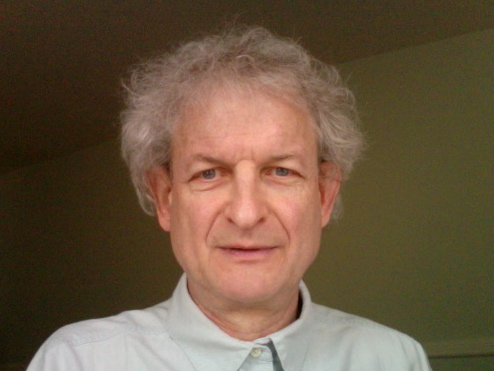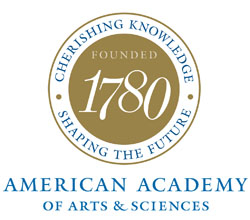Rutgers Physicist Elected to American Academy of Arts and Sciences
NEW BRUNSWICK, N.J. – Rutgers University physicist Daniel Friedan has been elected to membership in the American Academy of Arts and Sciences, one of the nation’s most prestigious honorary societies and a leading center for independent policy research.

Friedan is a distinguished professor in the Department of Physics and Astronomy in the School of Arts and Sciences. He is a theoretical physicist specializing in high-energy physics and in the quantum field theories of one- and two-dimensional materials.
Friedan was named a MacArthur Fellow in 1987 and earned the American Physical Society’s Lars Onsager Prize in 2010. He joined Rutgers in 1989 as a co-founder of the Rutgers New High Energy Theory Center. The center is an internationally recognized leader in the development and exploration of string theory and quantum field theory, which aim to provide a unified understanding of the basic forces and fundamental particles in nature.
Friedan is among 204 scholars, scientists, writers, artists, civic, corporate and philanthropic leaders selected to join the academy this year. Members contribute to academy studies of science and technology policy; energy and global security; social policy and American institutions; and the humanities, arts and education.
“It is a privilege to honor these men and women for their extraordinary individual accomplishments,” said Don Randel, chair of the academy’s Board of Directors. “The knowledge and expertise of our members give the academy a unique capacity – and responsibility – to provide practical policy solutions to the pressing challenges of the day. We look forward to engaging our new members in this work.”

With this new appointment, 24 Rutgers faculty have been elected members of the academy. Of these, four belong to the New High Energy Theory Center. The new class will be inducted at a ceremony Oct. 11 at the academy's headquarters in Cambridge, Mass.
Since its founding in 1780, the Academy has elected leading “thinkers and doers” from each generation, including George Washington and Benjamin Franklin in the 18th century, Daniel Webster and Ralph Waldo Emerson in the 19th, and Margaret Meade and Martin Luther King Jr. in the 20th.. The current membership includes more than 250 Nobel laureates and more than 60 Pulitzer Prize winners.